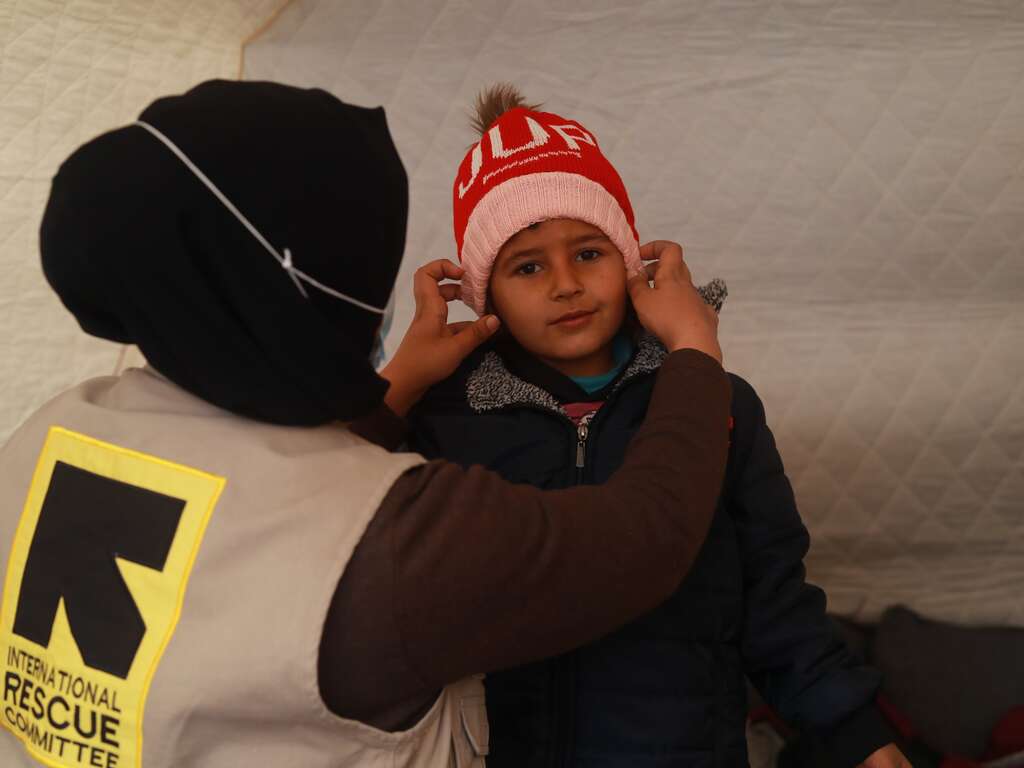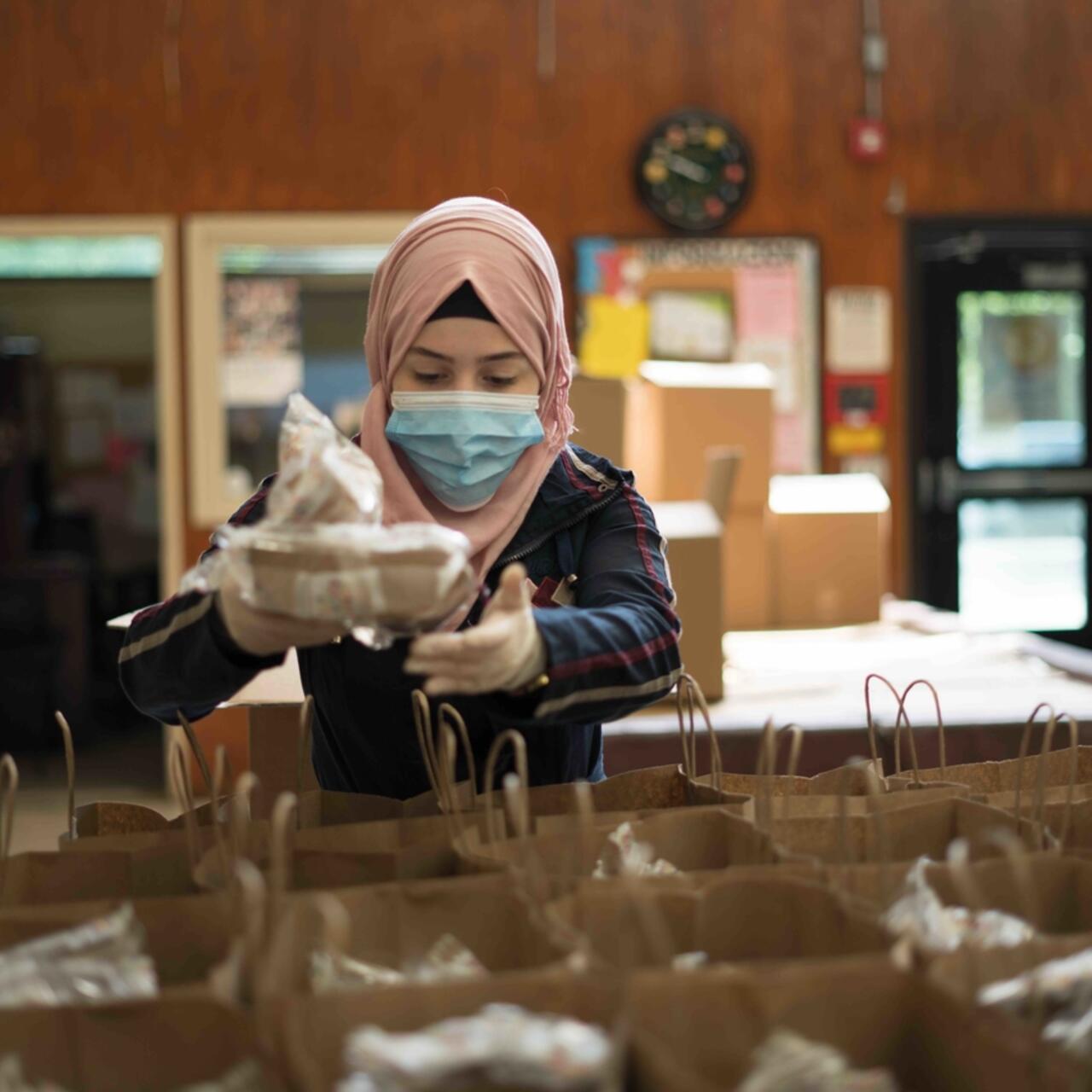
In 2020, the coronavirus pandemic has swept across the globe, ignoring borders and devastating many lives. But in the face of these dark times, we’ve seen humanity shine through time and time again.
So from what has been a more difficult year than anyone could have imagined, here are eight moments that gave us hope.
Syrian refugee Hassan Akkad’s demands were answered by the UK Government
Refugee and Bafta-winning filmmaker Hassan Akkad signed up to work as an NHS cleaner on a COVID-19 ward during the pandemic. In May, he made a selfie video with a plea to the UK government after cleaners and porters were excluded from the NHS bereavement scheme, which gives immediate and indefinite ‘leave to remain’ to family members of any NHS workers who have died as a result of coronavirus.
Refugees like Hassan are on the front line of the #COVID19 pandemic.
— International Rescue Committee - UK (@RESCUE_UK) May 21, 2020
Today, he’s celebrating new laws in place that families working at all levels of the NHS can remain in the UK if their loved one dies whilst fighting the virus.
Congratulations Hassan - & thank you https://t.co/qNbfNvePfP
The video went viral and within 24 hours of it being posted, the government made a U-turn on its decision.
We ended Ebola outbreaks in the DRC
In June the Democratic Republic of Congo ended it’s 11th outbreak of the deadly Ebola virus, putting a stop to the devastating epidemic.
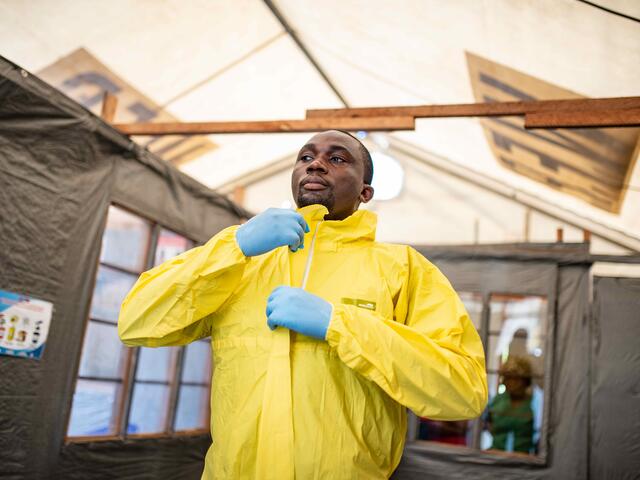
When the new outbreaks emerged in DRC, the international community bounded together to vaccinate more than 40,000 people over five months.
South Korea, Japan, and China made commitments to tackling climate change
With lockdown measures in place and global travel grounded to a halt, the first half of 2020 saw an unprecedented decline in carbon dioxide emissions -- larger than during the financial crisis of 2008, the oil crisis of 1979, or even World War II.
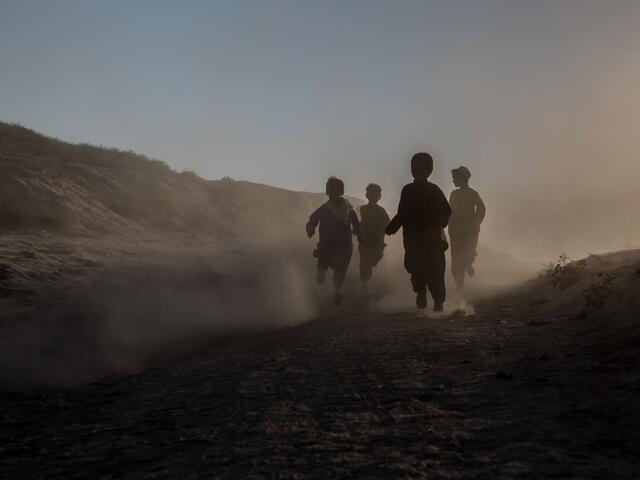
South Korea, Japan, and China also made new commitments to reach net-zero emissions this year, while the UK vowed to stop funding fossil fuel projects abroad.
Refugees stepped up to protect their community
This World Refugee Day, we celebrated the refugees who have played essential roles in the front line fight against COVID-19. People like Anxhela, a 25-year-old doctor working for the NHS in a North London hospital. She came to the UK as a refugee when she was a child, fleeing persecution in Albania.
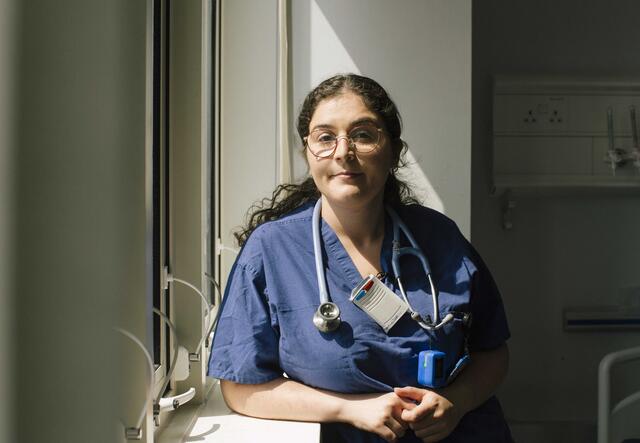
“My experience of being a refugee impacts how I do my job as a doctor for the NHS. It helps me to see people beyond their medical conditions and think about their lives as a whole.”
From doctors to volunteers, refugees have been stepping up to keep their communities safe and strong during the pandemic.
Gary Lineker celebrated the nation's favourite dish - brought to the UK by refugees
Gary Lineker highlighted that we have refugees to thank for fish and chips. He was schooled by comedian Jo Brand and refugee singer Yasmin Kadi in our film released on National Fish and Chips Day.
Britain wouldn’t be Britain without fish and chips. It may be one of our best-loved national dishes, but fish and chips have a little-known history Let #JoBrand, @garylineker and @yasminkadimusic explain. #StandWithRefugees pic.twitter.com/0kCy9r7QtY
— International Rescue Committee - UK (@RESCUE_UK) September 3, 2020
We have refugees to thank for so much of what makes up our culture and are grateful to Gary, Jo and Yasmin for helping spread our message that Britain wouldn’t be Britain without refugees.
We saw more women take leadership positions
This year marked 25 years since the ‘Beijing Platform for Action’ was signed, offering a roadmap for gender equality. It gave us hope to learn that since 1995, there has been a 110% increase in women serving in national parliaments. With more women in leadership positions, there have been more opportunities to build new policies and enact real change.
Whilst this statistic is encouraging in the road to gender equality, we still have a long way to go. Read more in our report here.
Biden’s win promises to reverse damage to refugee rights
The past four years of the Trump Administration's policies have been devastating for refugees, asylum seekers, and other people fleeing crises and in search of safety in the U.S.
Joe Biden's presidential win has given us an opportunity to reverse the damage that’s been done. He has pledged to create a task force dedicated to supporting the 545 children who have been separated from their families at the border whose parents cannot be found. He also committed to raising the refugee admissions target to at least 125,000 refugees a year, which had recently been set to yet another record-low target of 15,000 for 2021.
We’re ready to hold the new administration to its promises. More on how the Biden Administration can act for refugees.
Scientists developed a COVID-19 vaccine
In November, the world heard the news that not one - but three - COVID-19 vaccines under development reported promising levels of effectiveness, with the Pfizer/BioNTech vaccine being approved and rolled out in the UK in December.
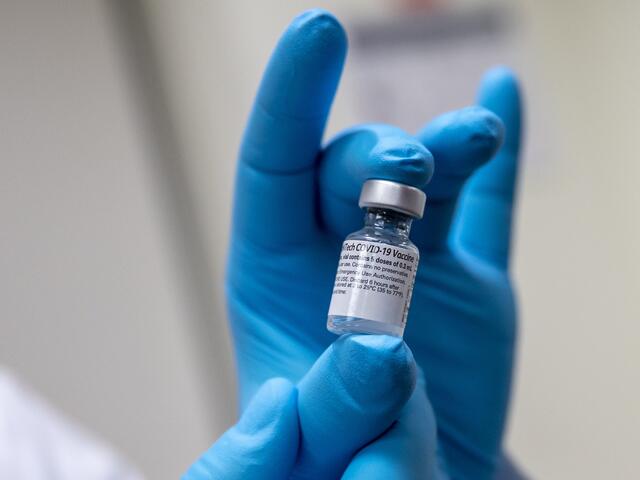
But while wealthy countries have already pre-ordered millions of doses, we know that it is going to take time and investment to work to distribute the vaccine globally, particularly in the crisis countries where we work.
We’re ready to work with the global initiative COVAX, the Covid Vaccination Facility to secure vaccines on a global level to ensure that nobody is left behind, particularly in the vulnerable communities we work.
